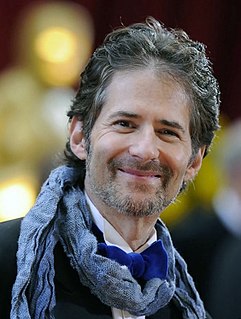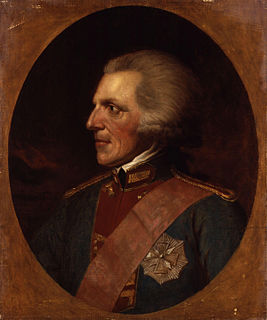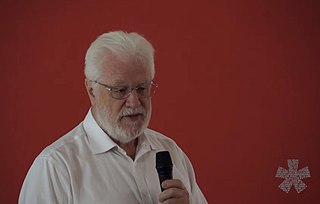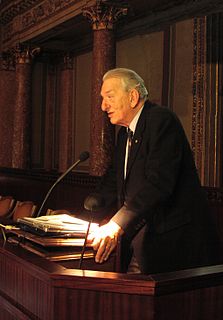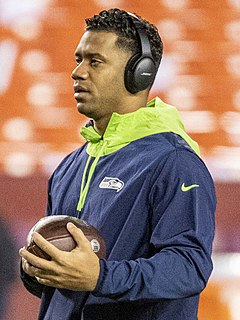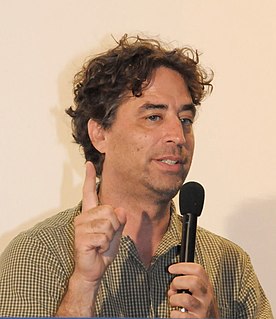A Quote by Doris Kearns Goodwin
The only protection as a historian is to institute a process of research and writing that minimizes the possibility of error. And that I have tried to do, aided by modern technology, which enables me, having long since moved beyond longhand, to use a computer for both organizing and taking notes.
Related Quotes
I didn’t like it [computer] when I first began using it. Where it’s helped me a lot is in nonfiction which is a kind of different process. You’ve got research, you’ve got your notes, You can block out what you want to work on for the next 10 pages and put it in another file, and then you can kind of carve it into shape
Discoveries are always accidental; and the great use of science is by investigating the nature of the effects produced by any process or contrivance, and of the causes by which they are brought about, to explain the operation and determine the precise value of every new invention. This fixes as it were the latitude and longitude of each discovery, and enables us to place it in that part of the map of human knowledge which it ought to occupy. It likewise enables us to use it in taking bearings and distances, and in shaping our course when we go in search of new discoveries.
The dreams of the past - whether it was public TV being rolled into the classroom to teach Spanish, or the film projectors or the videotapes or the computer-aided instruction drill systems - the hopes have been dashed in terms of technology having some big impact. The foundation, I think can play a unique role there. Now, our money is more to the teacher-effectiveness thing, and technology is No. 2, but I'll probably spend more money on the technology things.
I’ll write down little lines, I always say, 'K.T.N.,' and I say that to my receivers and running backs and that means 'keep taking notes.' That keeps me alert. That keeps me going. That keeps my drive there, even when you’re taking notes on something that you’ve already taken notes on a million times - keep taking notes.
With both people and computers on the job, computer error can be more quickly tracked down and corrected by people and, conversely, human error can be more quickly corrected by computers. What it amounts to is that nothing serious can happen unless human error and computer error take place simultaneously. And that hardly ever happens.
[When] I am taking a photograph, I am conscious that I am constructing images rather than taking snapshots. Since I do not take rapid photographs it is in this respect like a painting which takes a long time where you are very aware of what you are doing in the process. Exposure is only the final act of making the image as a photograph.
Let's call this then, only half facetiously, a new patristic, in which the intellectual is charged with the task not only to denounce error and unmask illusions, and not only to incarnate the mechanisms of new practices of knowledge, but also, together with others in a process of co-research, to produce a new truth. -- Commonwealth, 118

